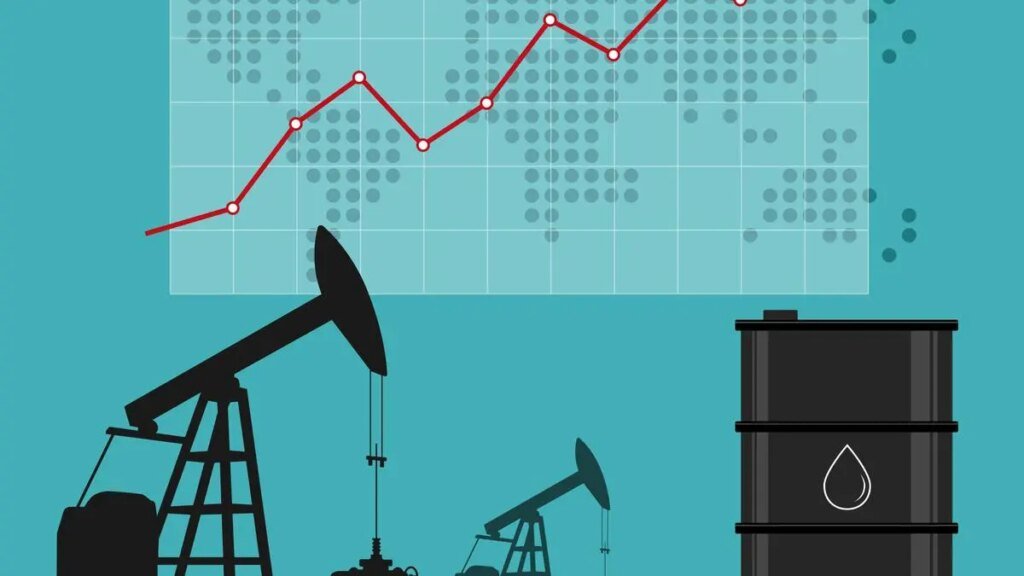India’s diesel exports to the European Union (EU) are expected to remain firm during October-December 2025, before the January 21, 2026 deadline under the EU’s 18th sanction package comes into effect.
The EU sanctions mandate a ban on any refined petroleum product processed from Russian crude oil in third countries, (Article 3ma) tightening compliance scrutiny, increasing freight rates and re-drawing global trade routes.
India’s diesel exports to the EU have been on a record high with September 2025 shipments hitting around 291,000 barrels per day (b/d) the highest since December 2023.
Analysts, traders and refiners point out that among the reasons behind the recent uptick is in anticipation of the January 2026 deadline. They expect diesel and jet fuel flows to remain “firm or sizeable at least” till 2025-end.
A trader pointed out that supply chains will evolve as sanctions kick-in, a phenomenon frequently seen in past few years. However, this will come at a cost as there will be higher freight rates and limited availability of winter grade diesel, largely supplied to the EU by India, particularly Reliance Industries (RIL).
Global real-time data and analytics provider Kpler expects India’s refined product exports to remain firm through October to December 2025, supported by strong refinery runs, lighter maintenance schedules compared to last year.
“European buyers might import in strong volumes in anticipation of the EU’s 18th sanctions package taking effect in January 2026. This mirrors the pre-embargo stockpiling seen ahead of the 2023 Russian product ban, reinforcing India’s role as a key swing supplier to global markets,” it added.
The impact of Sanctions
OPEC in its latest monthly oil market report said that diesel flows from India to Europe could come under pressure going forward due to uncertainty over the EU’s potential ban on Russian refined products.
Sumit Ritolia, Kpler’s Lead Research Analyst for Refining & Modeling, told businessline “Exports remain firm but below September’s peak, averaging around 195,000 barrels per day (b/d) so far (till October 18). This reflects rising domestic demand during Diwali, which tightens export availability, and some European refineries will restart in November, which are easing some product shortfall.”
“Flows are expected to remain strong, though they should stay above seasonal norms as long as the arbitrage remains favourable and Atlantic Basin balances remain tight. Also India’s demand is expected to be strong given festive season and GST rate cuts,” Ritolia explained.
The window of opportunity
On Article 3ma enforcement, Ritolia said that Brussels has provided clarity with the final rules closely matching Kpler’s earlier expectations.
“European Commission has issued detailed FAQs on Article 3ma, spelling out how importers must prove refined products are not derived from Russian crude. Bunker fuel used for a vessel’s own voyage and jet fuel in an aircraft’s tanks for the inbound flight are not applicable – but any fuel beyond operational needs, or used to circumvent the ban, is subject to Article 3ma,” he added.
This framework could open a narrow but credible pathway for RIL, underpinned by its dual-refinery structure at Jamnagar, he said.
“If it (RIL) can prove that there is a strict segregation and that it meets the evidentiary standards at its 763,000 b/d export-oriented Special Economic Zone (SEZ) refinery, it can still supply compliant cargoes into Europe despite Russian crude running at its 693,000 b/d domestic tariff area (DTA) refinery,” he explained.
The SEZ and DTA units operate as separate entities with distinct crude pipelines, segregated tank farms, and separate accounting books. Product lines are independent, even if they share an SPM for vessel loading. This structure gives RIL genuine operational segregation and the flexibility to channel all Russian crude into the DTA unit while running non-Russian barrels through the SEZ.
“While such scheduling is operationally complex, Reliance has the capability to pull it off. If implemented, this would ease a key layer of uncertainty around Q4 ultra low sulphur diesel supply and support cargo merchantability into 2026,” Ritolia said.
Published on October 25, 2025

